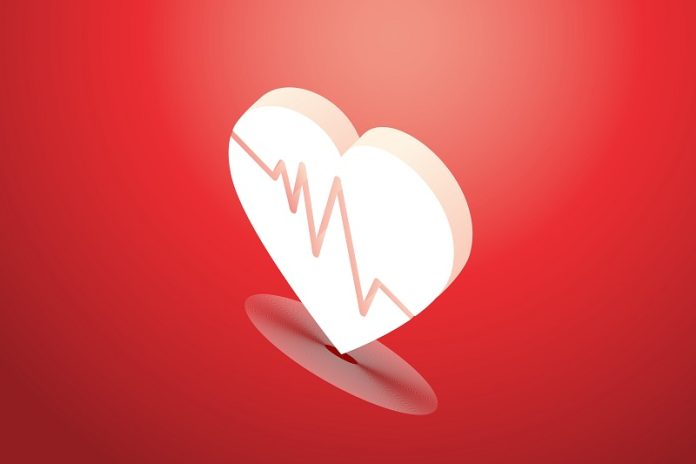
Many people don’t realize that menopause can have a big impact on a woman’s heart health.
As women age and go through menopause—the natural end of their reproductive years—levels of the hormone estrogen drop.
This hormonal shift can increase the risk of heart disease, which is the leading cause of death among women around the world.
When estrogen levels fall, it can affect many parts of the body, including blood vessels and fat distribution.
These changes can lead to higher blood pressure, higher cholesterol, more inflammation, and the buildup of plaque in the arteries—all of which raise the risk of heart disease.
For years, hormone therapy—medication that replaces estrogen and sometimes progesterone—has been used to ease uncomfortable symptoms of menopause, like hot flashes, night sweats, and sleep problems.
But in the early 2000s, large studies raised safety concerns, especially about an increased risk of stroke and breast cancer. This led to fear and confusion, and hormone therapy use dropped sharply. Doctors stopped prescribing it to prevent chronic conditions like heart disease.
Now, new research is helping to clear up the confusion. Scientists are finding that for younger, healthy women who start hormone therapy soon after menopause, the treatment may actually help protect the heart.
This idea is known as the “timing hypothesis.” It suggests that hormone therapy started before age 60 or within 10 years of menopause may lower the risk of heart disease. However, starting therapy later—after 60 or long after menopause—may carry more risks.
Estrogen plays an important role in keeping blood vessels flexible and supporting healthy blood flow. It also helps the body manage cholesterol in a way that protects the heart. When estrogen levels fall during menopause, these protective effects fade. As a result, the arteries may become stiffer, plaque can build up more easily, and inflammation may increase, leading to higher chances of heart disease over time.
In a 2019 study that reviewed 31 clinical trials, researchers found that women under 60 who used hormone therapy were less likely to die from heart disease and tended to live longer. However, the risk of blood clots and stroke was still present and grew with age.
The way hormone therapy is taken also matters. Estrogen patches worn on the skin may carry a lower risk of blood clots than pills, because they bypass the liver, where clotting factors are made.
For healthy women in their 40s or 50s who are within 10 years of starting menopause, hormone therapy appears to be safe for the heart and may offer some benefits. Still, it’s not suitable for everyone. Women with a history of heart disease, blood clots, stroke, gallbladder disease, or certain cancers should not take hormone therapy.
Doctors now understand that hormone therapy isn’t one-size-fits-all. Each woman’s treatment should be based on her age, how long it’s been since menopause began, and her overall health.
Anyone considering hormone therapy should talk with their doctor about whether it’s the right choice for them, and which type of treatment would be safest and most effective.
If you care about heart health, please read studies about how vitamin D influences cholesterol levels, and what we know about egg intake and heart disease.
For more health information, please see recent studies about best supplements for heart disease prevention, and wild blueberries can benefit your heart and brain.



